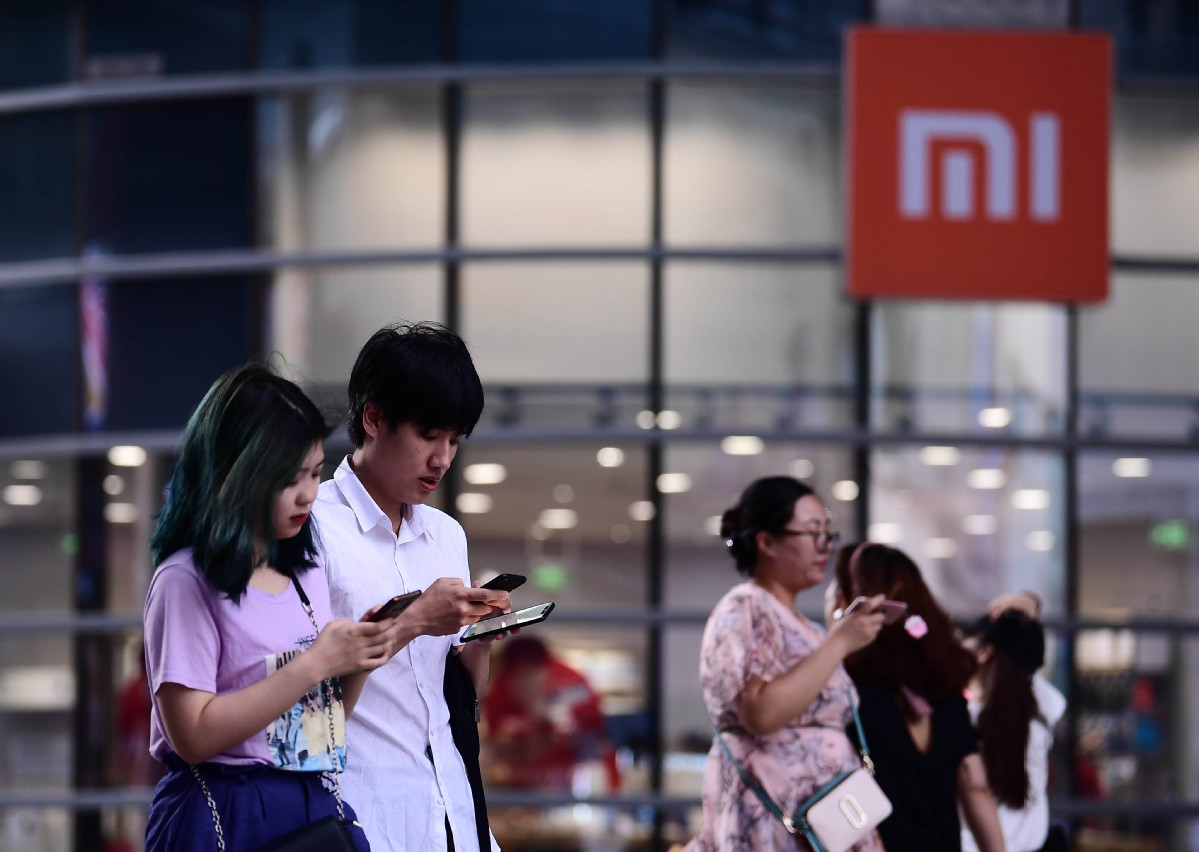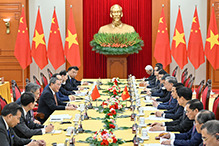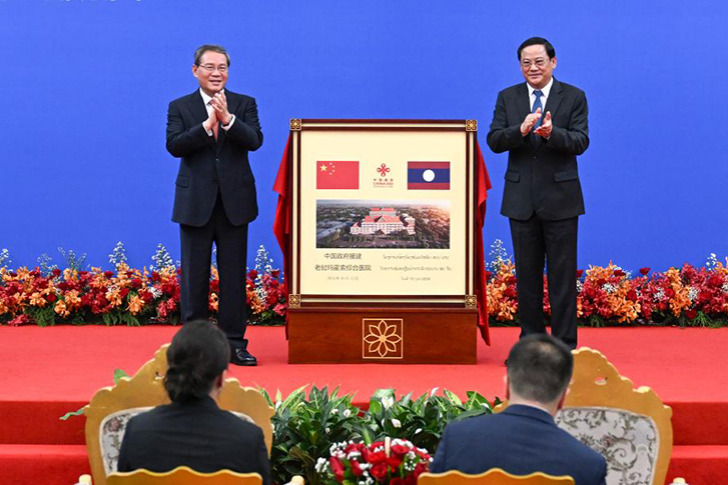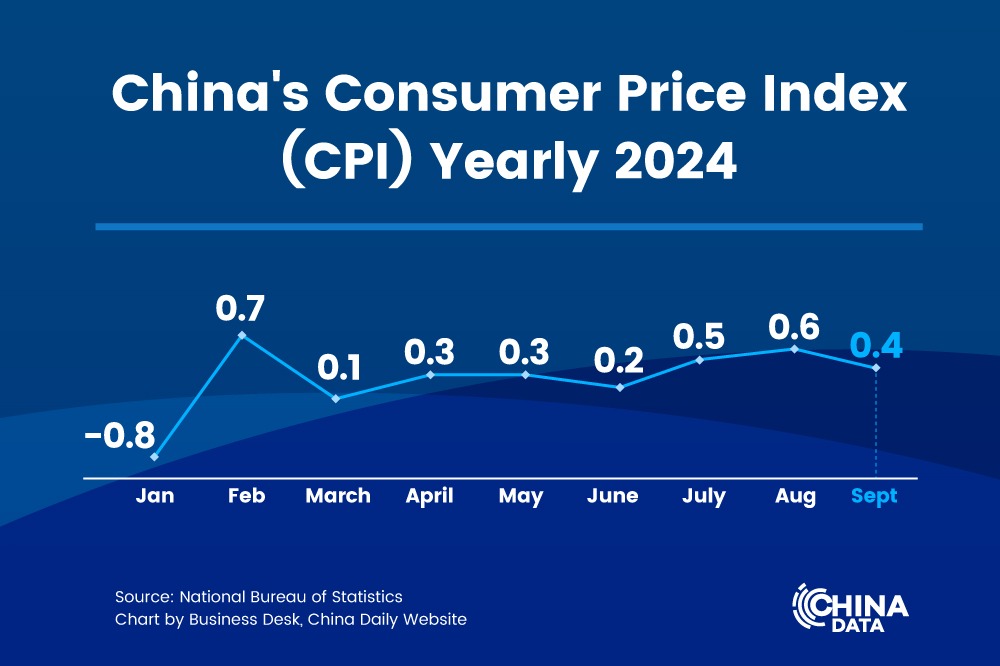Oppo, Vivo and Xiaomi in vendors' alliance


China's No 2 to No 4 smartphone vendors have formed a rare partnership for data transfer among their handsets, a move seen by analysts as an alliance strategy to compete with the No 1 player Huawei Technologies Co which has just posted a record high market share in the domestic market.
Oppo, Vivo and Xiaomi Corp said they have formed a file exchange alliance, which will allow rapid and secure data transferring among phones from the three brands.
The move came after Huawei acquired 38 percent of China's smartphone market in the second quarter of 2019, signifying the highest market share of any vendor in eight years, according to data released by market research company Canalys.
That is more than the combined market shares of Oppo and Vivo, which respectively occupied the second and third spots. Huawei is also the only smartphone vendor in China to register growth, with shipments jumping by as much as 31 percent.
In comparison, Oppo, Vivo, and Xiaomi which is the fourth-largest smartphone maker in China, posted year-on-year declines from 18 to 20 percent, data from Canalys showed.
The three companies said the data transfer alliance is open to all Android smartphone makers, but analysts said the move is a possible counteraction toward Huawei.
Xiang Ligang, director-general of the Information Consumption Alliance, a telecom industry association, said the move marks an interesting phenomenon in China where rivals are now seeming to join hands to fight a bigger competitor.
"Though it remains to be seen how such an alliance can really affect consumers' preference for smartphone brands, it is an important shift," Xiang said.
As the global smartphone industry shifts from the 4G to 5G era, shipments worldwide are suffering from a decline. But Huawei said earlier it aims to grab a 50 percent share in China by the end of this year or next year, as it shifts its global mix back toward China amid US government restrictions.
Jia Mo, an analyst at market research company Canalys, said the US government's ban on Huawei has caused uncertainty overseas, but "in China, it has kept its foot on the accelerator".
Huawei was put on an Entity List by the US government in May, which banned the Chinese company from accessing US technologies, including Google's Android operating system, without special government approval.
But on Monday, Washington gave Huawei another 90 days to buy from US suppliers, a move expected to allow it to serve its existing telecom customers and smartphone users.
Despite the pressure from Huawei, Xiaomi said on Tuesday that the company posted 52 billion yuan ($7.4 billion) in revenue in the second quarter of 2019, up 14.8 percent year-on-year.




































